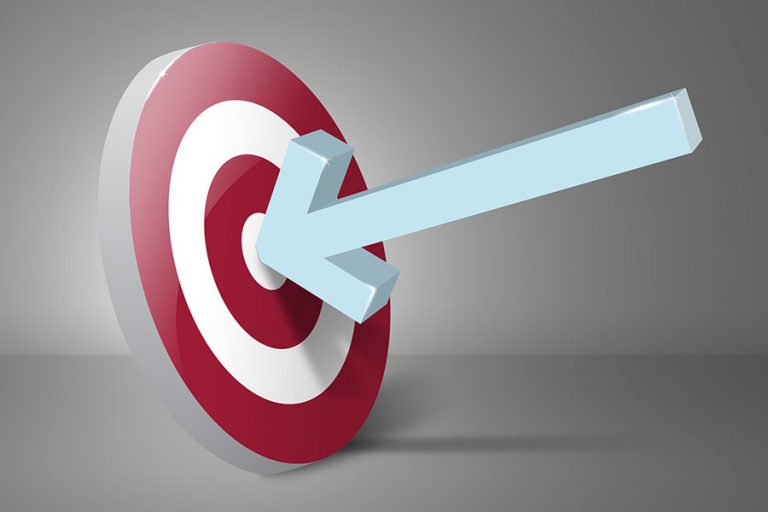Knowing a few basics can help you improve your credit scores before you apply for a loan. Your credit score affects approvals and the interest rate you will be offered for a loan. Over the long term of a large home mortgage, you could save thousands of dollars in interest by having a higher score. A good target score would be 725 (of 800) or above.
What is most important to know about credit scores?
- Credit scores change frequently.
- Credit scores represent risk. High scores represent lower risk to lenders.
- Try to never miss or make late payments.
What goes into your credit score?
Scoring includes how high your limits are, how much you now owe, the types of accounts you have and how reliably you make payments. Missing payments is a huge negative. Using credit wisely for a long time and paying accounts in full are positives.
How can you boost your credit score between now and when you apply for a loan?
Pay down, or pay off all your credit accounts well before you apply for a loan. Many lenders want to see debt levels at just 20% of your potential (if you max everything) risk. They also like seeing various types of credit accounts, such as store accounts, bank loans, mortgages, lines of credit, etc. If you only have store accounts, get a small short term bank loan and pay it off quickly to add variety.
Should you open or close credit accounts now?
Most financial advisors recommend not closing old accounts or opening new accounts shortly before getting your loan. Here’s why:
- The total number of accounts you have contributes to your loan-to-income ratio. If you open new accounts, it raises the amount of credit you have available, and this means risk to a mortgage lender. Even if you never use that new account and all your old ones are fully paid, there is risk that you might max them all out and then be unable to pay, based on your income.
- How long you have had your accounts is another factor. If you close older accounts, this reduces your score.
Credit scores reflect risk to a lender by tracking detailed information about how you manage credit balances. A high score is your best financial friend.



